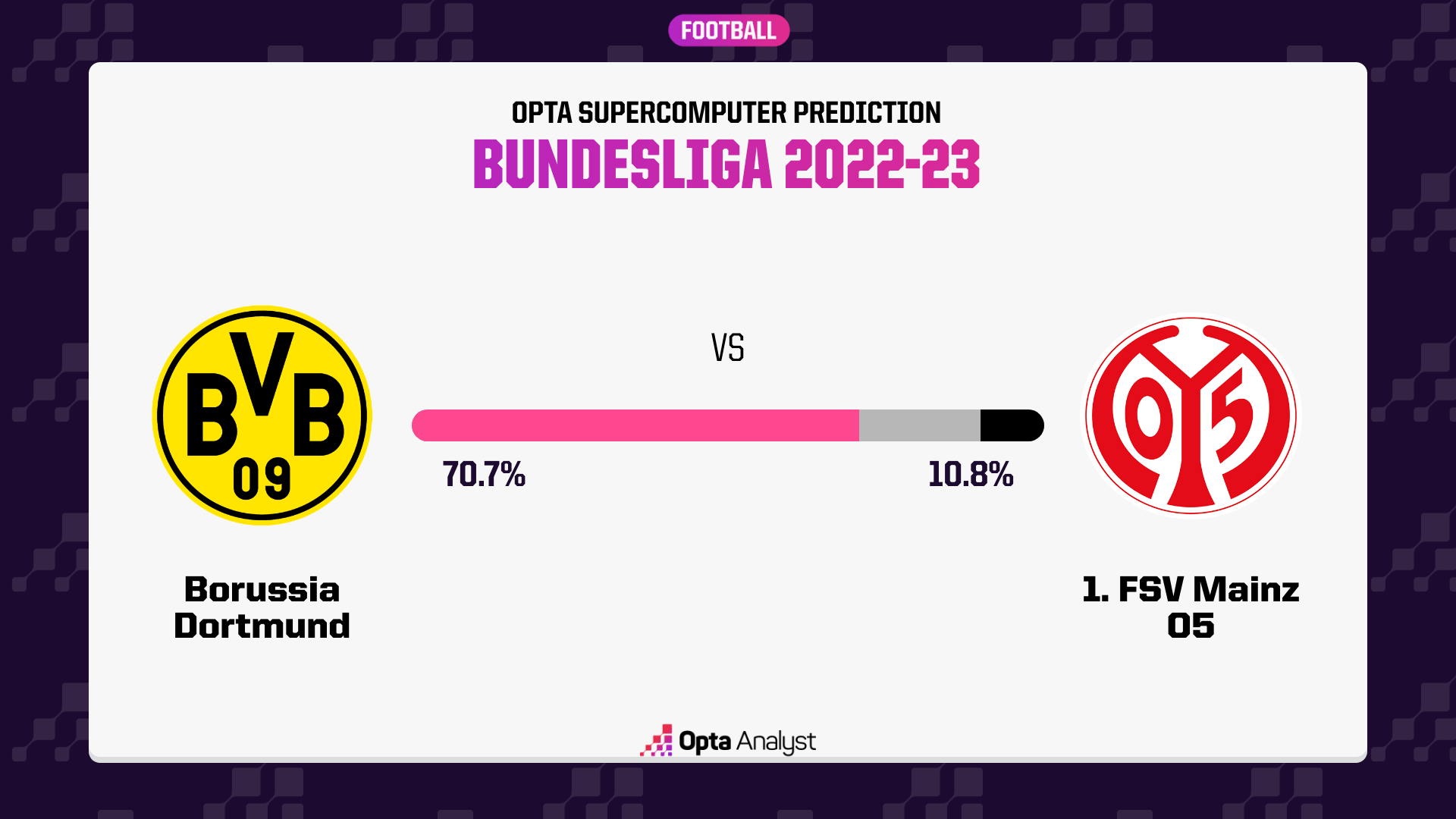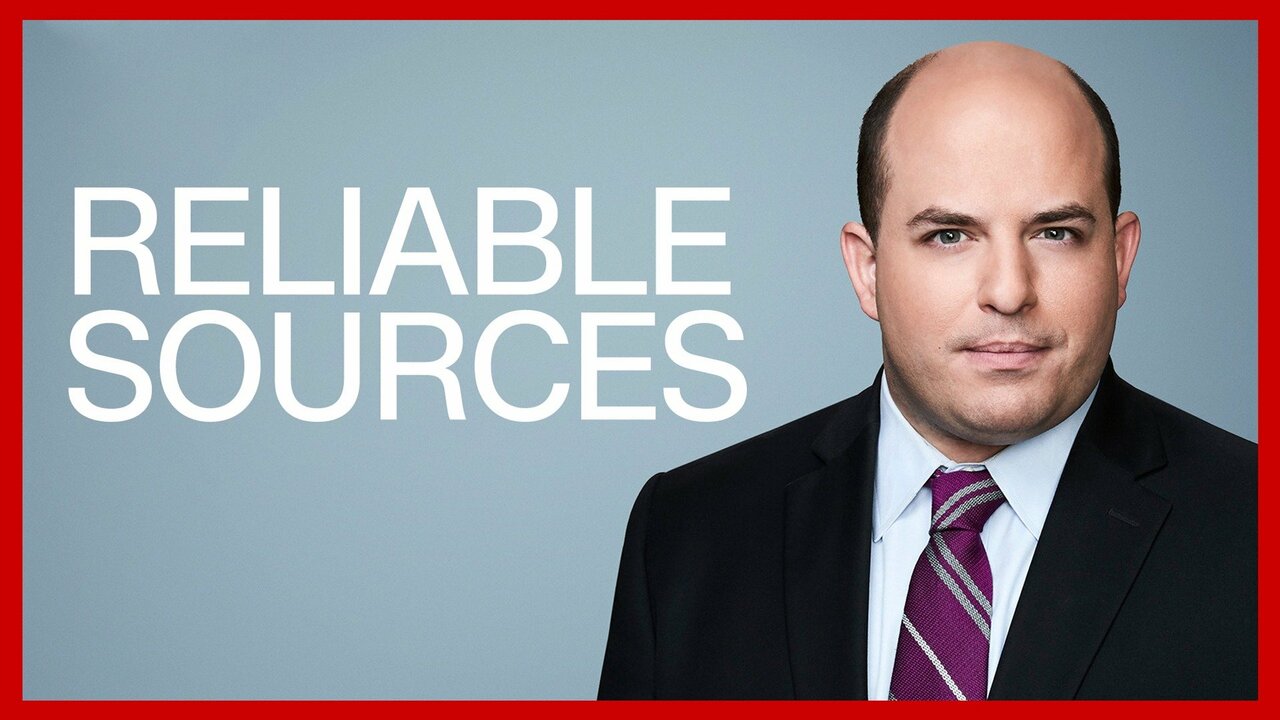FTC's Meta Monopoly Trial: A Shift In Strategy

Table of Contents
H2: The FTC's Initial Strategy and its Shortcomings
The FTC's initial strategy in its Meta antitrust lawsuit centered on challenging Meta's acquisitions of Instagram and WhatsApp. The argument was that these acquisitions stifled competition, harming consumers and reducing innovation. However, this initial approach faced considerable hurdles. Proving anti-competitive behavior in these instances proved exceptionally difficult. The FTC struggled to definitively demonstrate a “substantial lessening of competition,” a key element required for a successful antitrust claim.
-
Difficulty in establishing direct causal link between acquisitions and reduced competition. The FTC needed to show a clear link between Meta's acquisitions and demonstrable harm to consumers or competitors. This proved challenging given the complex nature of the digital marketplace and the ongoing innovation within it.
-
Challenges in quantifying the harm to consumers and competitors. Demonstrating tangible harm – reduced choice, higher prices, or diminished innovation – required robust economic analysis. The FTC faced the challenge of quantifying these harms in a way that would satisfy the court.
-
Initial legal arguments deemed insufficient by some legal experts. Some legal analysts argued that the FTC’s initial focus on the acquisitions, while important, did not fully capture the breadth of Meta's monopolistic power. The initial case focused too narrowly on specific acquisitions rather than the broader anti-competitive conduct of the company.
H2: The Shift in Strategic Focus: A New Approach to Antitrust Law?
The FTC has noticeably shifted its strategic focus in the Meta monopoly trial. This revised strategy moves beyond simply challenging past acquisitions and instead targets Meta's dominance through network effects and data control. This represents a potentially groundbreaking approach to antitrust law in the digital age. The new approach emphasizes Meta's interconnected platforms – Facebook, Instagram, and WhatsApp – and how they create a self-reinforcing network effect.
-
Focus on Meta's self-reinforcing network effects across Facebook, Instagram, and WhatsApp. The FTC now highlights how Meta's ownership of these platforms creates a near-unbreakable network. Users are incentivized to stay within the Meta ecosystem due to the sheer number of contacts and content available. This network effect acts as a significant barrier to entry for competitors.
-
Emphasis on Meta's control over user data and its impact on competition. The FTC’s revised strategy also centers on Meta's extensive control of user data. This data is used to personalize advertising, improve algorithms, and further entrench Meta's market position, making it difficult for competitors to gain traction. This approach signals a growing concern about data dominance as a key component of anti-competitive behavior.
-
Exploration of behavioral remedies rather than solely structural ones (e.g., divestiture). The FTC is likely to explore behavioral remedies, like restrictions on data usage or algorithmic practices, rather than solely focusing on structural remedies such as forcing the divestiture of Instagram or WhatsApp.
H2: Potential Outcomes and Implications for the Tech Industry
The outcome of the FTC's Meta monopoly trial remains uncertain. Several scenarios are plausible: a decisive victory for the FTC, a win for Meta, or a negotiated settlement. Regardless of the specific outcome, this case will set a significant precedent for future antitrust enforcement in the tech industry.
-
Increased scrutiny of tech giants' mergers and acquisitions. The trial will undoubtedly lead to increased scrutiny of mergers and acquisitions involving large tech companies. Regulators will be more likely to challenge deals that could potentially stifle competition or consolidate market power.
-
Potential for stricter regulation of data collection and algorithmic practices. The case could prompt stricter regulations concerning data collection, usage, and algorithmic transparency. This might involve limitations on how companies use data to create network effects or target advertising.
-
Setting a legal precedent for future antitrust cases involving large tech companies. The ruling in this case will serve as a pivotal legal precedent, guiding future antitrust cases against other tech giants and setting a standard for assessing market dominance in the digital economy.
-
Impact on the valuation of social media companies. The outcome will undoubtedly impact the valuation and market capitalization of social media companies, potentially leading to decreased valuations if the court rules against Meta.
3. Conclusion:
The FTC's Meta monopoly trial represents a significant turning point in antitrust litigation concerning the tech industry. The strategic shift, emphasizing network effects and data dominance, reflects a more nuanced understanding of how large tech companies maintain market power. The outcome will have far-reaching implications for future tech regulation. The case’s resolution will significantly impact the future of digital markets, influencing how we approach competition and antitrust issues for years to come.
Call to Action: Stay informed about the ongoing FTC's Meta monopoly trial. Understanding the evolving arguments and potential outcomes in this landmark case is crucial for anyone interested in the future of competition in the digital marketplace. Follow the latest updates on the FTC's Meta monopoly case to stay ahead of the curve. The implications of this case are far-reaching, and keeping abreast of its developments is vital for understanding the evolving landscape of tech regulation and digital market dynamics.

Featured Posts
-
 The Saskatchewan Costco Campaign Political Panel Discussion
May 21, 2025
The Saskatchewan Costco Campaign Political Panel Discussion
May 21, 2025 -
 Mysterious Red Lights Flashing Over France What Was It
May 21, 2025
Mysterious Red Lights Flashing Over France What Was It
May 21, 2025 -
 Arne Slots Tactical Analysis Liverpools Psg Victory And Goalkeeping Performance
May 21, 2025
Arne Slots Tactical Analysis Liverpools Psg Victory And Goalkeeping Performance
May 21, 2025 -
 A Western Neo Noir Gem Starring Dennis Quaid Meg Ryan And James Caan
May 21, 2025
A Western Neo Noir Gem Starring Dennis Quaid Meg Ryan And James Caan
May 21, 2025 -
 Hulus The Amazing World Of Gumball New Teaser Trailer Premieres
May 21, 2025
Hulus The Amazing World Of Gumball New Teaser Trailer Premieres
May 21, 2025
Latest Posts
-
 Mainz Falls To Dortmund As Beier Bags A Brace
May 21, 2025
Mainz Falls To Dortmund As Beier Bags A Brace
May 21, 2025 -
 Borussia Dortmund Defeat Mainz Thanks To Beiers Brace
May 21, 2025
Borussia Dortmund Defeat Mainz Thanks To Beiers Brace
May 21, 2025 -
 Bangladeshinfo Com A Reliable Source For Information About Bangladesh
May 21, 2025
Bangladeshinfo Com A Reliable Source For Information About Bangladesh
May 21, 2025 -
 Beiers Double Propels Borussia Dortmund Past Mainz
May 21, 2025
Beiers Double Propels Borussia Dortmund Past Mainz
May 21, 2025 -
 Developing Resilience A Path To Better Mental Health
May 21, 2025
Developing Resilience A Path To Better Mental Health
May 21, 2025
